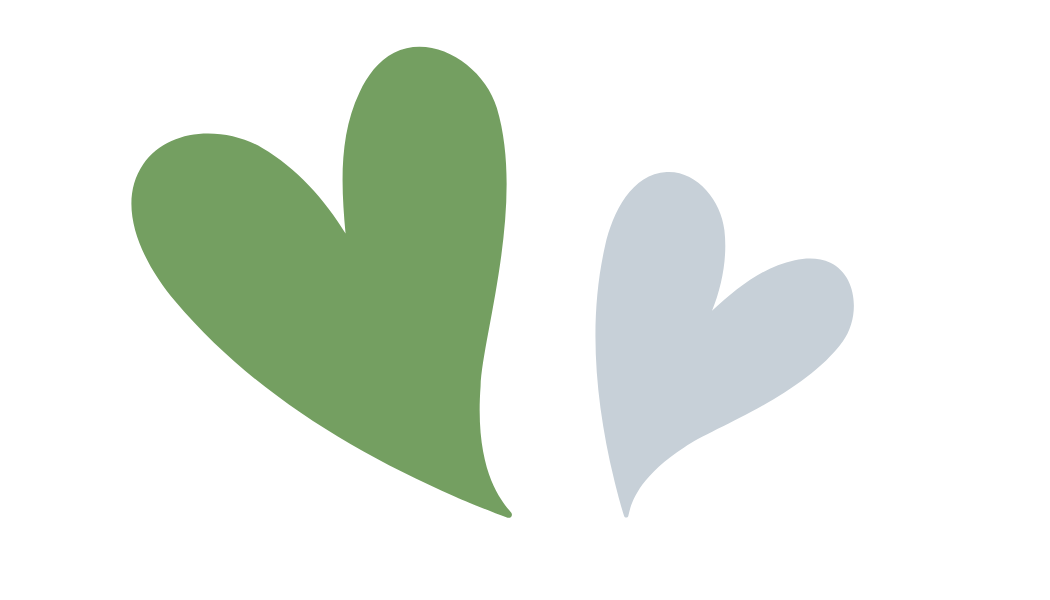This is Part 2 of a 4-part series written by a brilliant Gentle Trauma Release© student in training – Stacey Chantal Tsourounis. In this series, Stacey explores the link between complex trauma symptoms and personality traits and tendencies of “empaths”.
When I started therapy, one of the biggest things I said I needed help with in my very first session, was managing my life as an “extreme introvert”. I hadn’t done much thinking at that point about how introversion fit in with the label of “empath”, but for me, they were certainly intertwined: almost every single fellow empath I’d met considered themselves to be quite introverted. A common experience most of us shared was being overwhelmed by other people on a regular basis, and the onslaught of feelings and information we picked up from them without even trying to. I’d reached a point where in my work and personal life, it felt like I could never get the amount of recovery time I needed, and the cumulative effect was exhausting.
I want to clarify that I don’t think introversion isn’t legit, or that it indicates pathology in any way – people recharge in different ways, and some prefer more solitude than others. But in my case, what I was calling “introversion” was feeling like a burden in my life, so it was time to get curious and start unraveling what that term meant to me. Personally, I think as the term has become more popular, we’ve started to mislabel some things as “introversion” that are actually different, like emotional avoidance, fear of conflict and intimacy, or attachment and boundary issues. I discovered I’d done a fair bit of mislabeling, and I suspect there are other people who identify with the label of “empath” who’ve been doing the same.
For one, my boundaries were weak and poorly defined. All relationships involve a perpetual negotiating and assessing of our boundaries, and all people will cross boundaries occasionally – usually unintentionally. A crossed boundary gives us an emotional and bodily response as a message: we feel annoyed or resentful, or maybe we get a nudge in our gut. When we have generally healthy boundaries, we’re in tune with those messages and take action accordingly: we say no, we clarify a misunderstanding, we disagree, etc. But I had learned to downplay and outright dismiss those messages when I was younger, and years of being in spiritual and healing communities had added to that the idea of anger and any “negative” emotional response being a sign of my woundedness.
I was muting my internal alarm system, and as a result, my boundaries were crossed on a regular basis. This was kind of like taking the batteries out of my smoke alarm and then having to be perpetually on guard and battling fires. Not being able to trust my boundaries made me feel a constant undercurrent of unease in most social situations, and managing that anxiety and discomfort takes a lot of effort. This is exhausting, but that exhaustion was normal for me – after all, I’d been doing this most of my life.
Naturally, having weak boundaries influenced the kinds of relationships I invited into my life. It led to me having unhealthy dynamics – whether with friends, colleagues, partners, or family. Since this had been a pattern for me for so long, as is often the case with complex trauma, these dynamics felt totally normal to me, and I just assumed that this is what relationships entailed.
When I started to look deeper at these patterns, I was astounded to realize how many relationships in my life were very one-sided, and the roles that I played in them. I was often the compassionate good listener, the caretaker, the strong one, and the advice-giver: people came to me with problems and expected me to tend to their needs, but they often didn’t reciprocate when I was struggling. My needs took a backseat since I was “strong” and empathic, and on some level I felt like since I could feel people’s pain so strongly, I had some responsibility to help make it go away. A good chunk of the time I spent with other people involved me holding space for their venting, processing, and emotional dumping.
Given all this, of course I found other people draining! And of course, solitude felt like a relief – when I was alone, I had no one else’s emotions and pain to absorb, no one else’s problems to solve, and no expectation to play the role of the helper or the strong one. I didn’t have to manage the constant background anxiety that came from anticipating boundary violations, and I didn’t have to have any conflict or uncomfortable conversations about boundaries either.
My need to retreat and constantly recharge after time with people didn’t necessarily mean I was an “extreme introvert” or an “overwhelmed empath” – and it wasn’t an inevitable burden of being an introvert or empath that I had to accept, either. It was a logical consequence of how I related to the world: I viewed relationships as a struggle, so it was logical that I’d see solitude as a safe haven.
Things started to change dramatically when I stopped taking it as a given that being introverted or empathic meant I was fated to be in one-sided, draining dynamics where my voice and needs mattered less. As I became more comfortable with boundaries and my voice, I pushed back against being dismissed and I slowly learned to tolerate conflict and the discomfort of not playing the role others expect of me (or that I expect of myself). I’ve become far less tolerant of unequal relationship dynamics, unwilling to take on someone’s emotional charge and or to stick around when my boundaries seem to be repeatedly dismissed.
More and more, I’m noticing that I don’t find other people draining in the way I did before. By far the biggest thing that has changed is how I respond when I do notice myself feeling overwhelmed by particular person. If I find I need recovery time from interacting with someone, or I feel drained and resentful, I don’t automatically take this as a sign that I need “introvert time” or empath self-care: instead, I look carefully at the boundaries and expectations in our dynamic.
Rather than seeing relationship dynamics as something that happens to me, I see it as happening with me: I am an active participant and I have choices about how I manage my role in it. Interestingly, as I’ve started to consider myself less introverted, I’ve actually developed a healthier relationship with solitude as well. It’s become something I intentionally choose and carve out instead of a state I collapse into, and it’s actually more restorative.
 Stacey Chantal Tsourounis is a women’s coach, teacher, writer, and artist. Starting off as a high school teacher, Stacey spent time studying different art forms around the globe, and became fascinated by the healing potential in creativity and movement. This led her to train in Expressive Arts Therapy, empowerment coaching, and the Gentle Trauma Release Method©. These diverse experiences fuel her work with women and her powerful writing. As a writer, Stacey explores the themes of truth and transformation
Stacey Chantal Tsourounis is a women’s coach, teacher, writer, and artist. Starting off as a high school teacher, Stacey spent time studying different art forms around the globe, and became fascinated by the healing potential in creativity and movement. This led her to train in Expressive Arts Therapy, empowerment coaching, and the Gentle Trauma Release Method©. These diverse experiences fuel her work with women and her powerful writing. As a writer, Stacey explores the themes of truth and transformation

